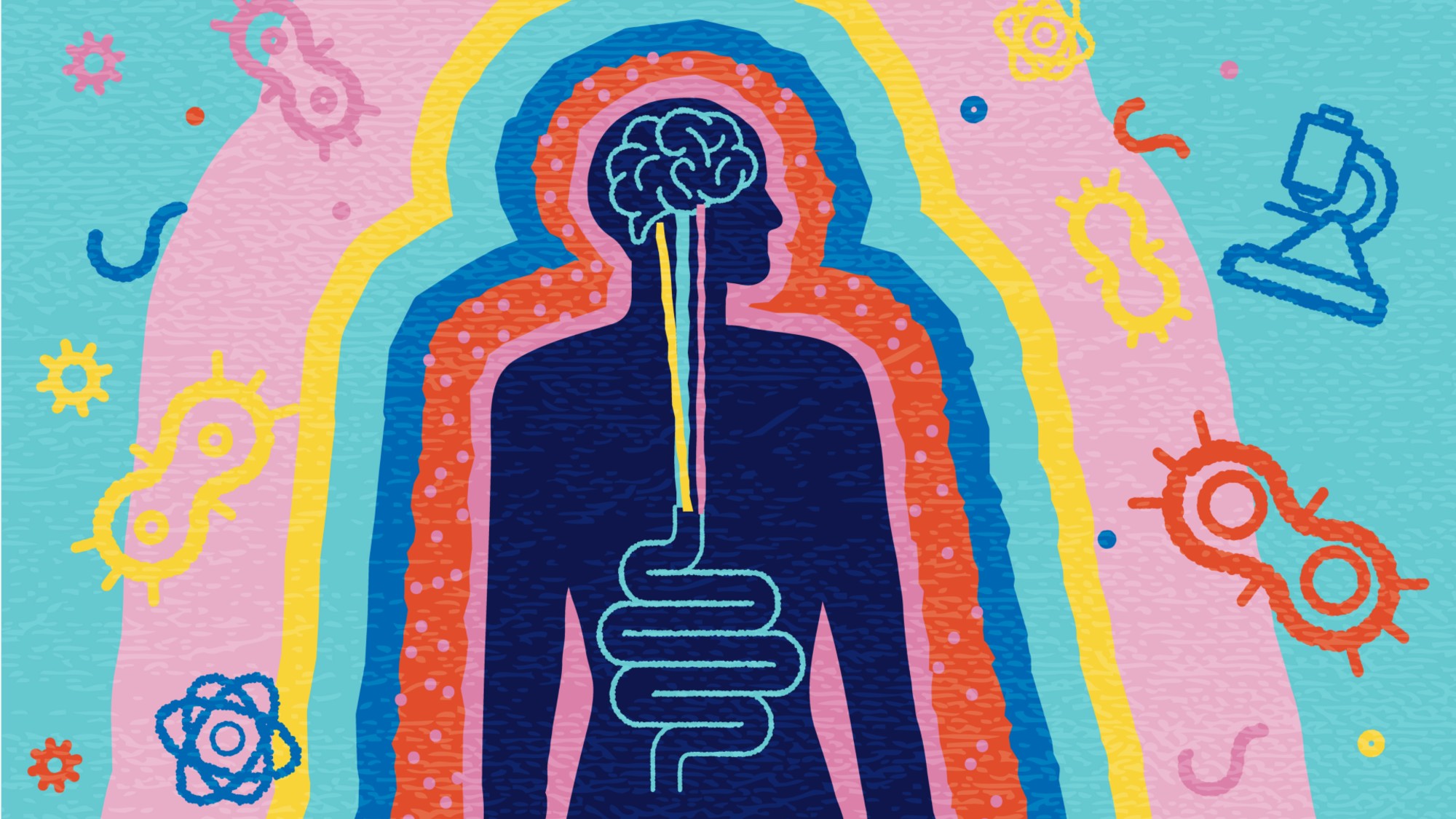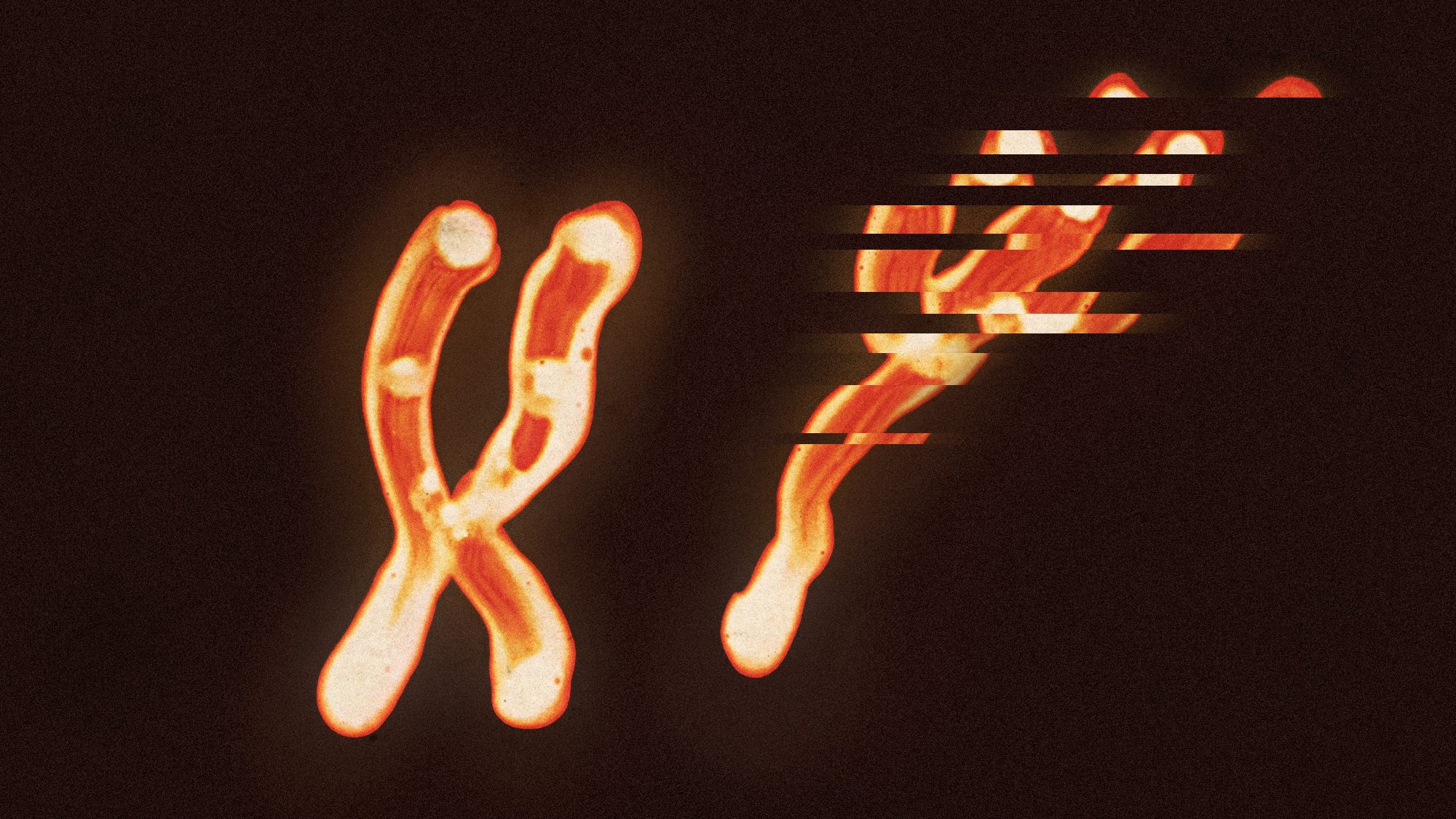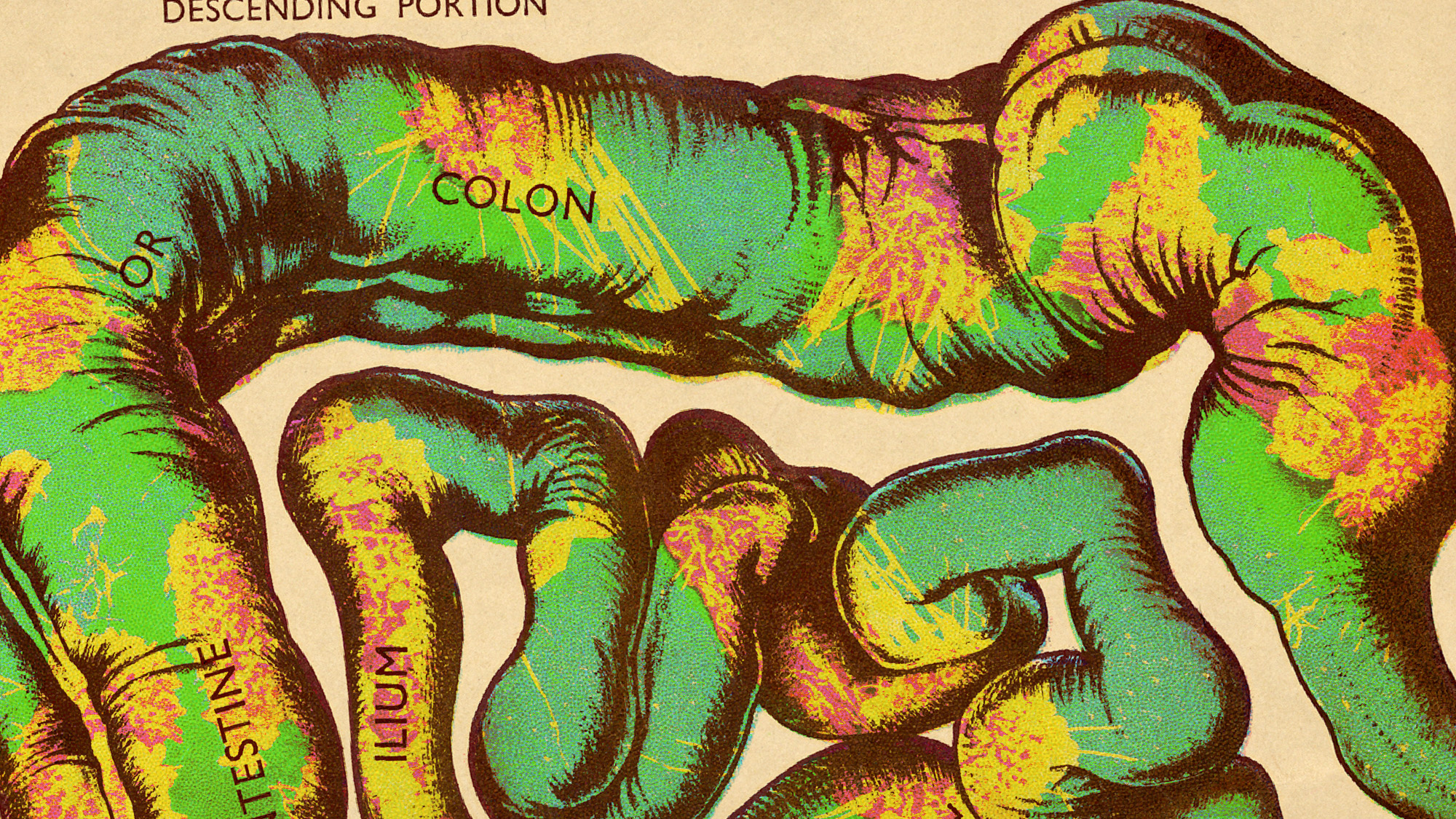Are ‘morning people’ less likely to get breast cancer?
Study finds that early risers are 40% less likely to develop the disease than night owls

A free daily email with the biggest news stories of the day – and the best features from TheWeek.com
You are now subscribed
Your newsletter sign-up was successful
Women who like having a lie-in in the morning are more likely to develop breast cancer than early risers, a new study suggests.
Researchers who studied the sleeping habits and genetic data of almost 410,000 women found that “larks”, who function best in the morning, were 40% less likely to develop breast cancer than “night owls”, who feel more alert in the evening.
The study, by a team at the University of Bristol, showed that over an eight-year period, “two in 100 owls developed breast cancer, compared with one in 100 larks”, reports the BBC.
The Week
Escape your echo chamber. Get the facts behind the news, plus analysis from multiple perspectives.

Sign up for The Week's Free Newsletters
From our morning news briefing to a weekly Good News Newsletter, get the best of The Week delivered directly to your inbox.
From our morning news briefing to a weekly Good News Newsletter, get the best of The Week delivered directly to your inbox.
Women who slept for more than the recommended seven to eight hours per night were also found to have a 20% increased risk of the deadly disease per additional hour in bed, says The Times.
Lead scientist Dr Rebecca Richmond said the researchers had looked at genetic variants associated with people’s preference for morning or evening, sleep duration and insomnia, to investigate the possible link between the natural body clock and the disease.
Around one in seven women in the UK will develop breast cancer in their lifetime.
Experts hope the new findings, presented at the NCRI Cancer Conference in Glasgow, may help women cut their risk. But, according to Richmond, it’s not that simple.
A free daily email with the biggest news stories of the day – and the best features from TheWeek.com
“We would like to do further work to investigate the mechanisms underpinning these results, as the estimates obtained are based on questions related to morning or evening preference, rather than actually whether people get up earlier or later in the day,” she said.
“In other words, it may not be the case that changing your habits changes your risk of breast cancer - it may be more complex than that.”
-
 The Week Unwrapped: Do the Freemasons have too much sway in the police force?
The Week Unwrapped: Do the Freemasons have too much sway in the police force?Podcast Plus, what does the growing popularity of prediction markets mean for the future? And why are UK film and TV workers struggling?
-
 Properties of the week: pretty thatched cottages
Properties of the week: pretty thatched cottagesThe Week Recommends Featuring homes in West Sussex, Dorset and Suffolk
-
 The week’s best photos
The week’s best photosIn Pictures An explosive meal, a carnival of joy, and more
-
 The truth about vitamin supplements
The truth about vitamin supplementsThe Explainer UK industry worth £559 million but scientific evidence of health benefits is ‘complicated’
-
 Covid-19 mRNA vaccines could help fight cancer
Covid-19 mRNA vaccines could help fight cancerUnder the radar They boost the immune system
-
 Is that the buzzing sound of climate change worsening sleep apnea?
Is that the buzzing sound of climate change worsening sleep apnea?Under the radar Catching diseases, not those ever-essential Zzs
-
 Deadly fungus tied to a pharaoh's tomb may help fight cancer
Deadly fungus tied to a pharaoh's tomb may help fight cancerUnder the radar A once fearsome curse could be a blessing
-
 'Poo pills' and the war on superbugs
'Poo pills' and the war on superbugsThe Explainer Antimicrobial resistance is causing millions of deaths. Could a faeces-filled pill change all that?
-
 A happy gut is a healthy gut. These 5 tips aim to help you achieve that goal.
A happy gut is a healthy gut. These 5 tips aim to help you achieve that goal.The Week Recommends A healthy gut is all the rage in wellness circles
-
 The Y chromosome degrades over time. And men's health is paying for it
The Y chromosome degrades over time. And men's health is paying for itUnder the radar The chromosome loss is linked to cancer and Alzheimer's
-
 A bacterial toxin could be contributing to the colorectal cancer rise in young people
A bacterial toxin could be contributing to the colorectal cancer rise in young peopleUnder the radar Most exposure occurs in childhood